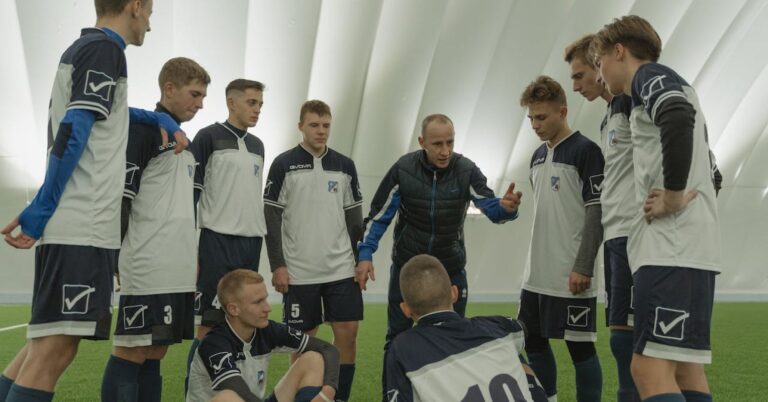There has been a significant increase in mental health services being offered not only in corporate organizations but also in professional sports teams. Athletes are not immune to mental health conditions. They, in fact, have similar rates of anxiety and depression as the general population. Fortunately, many professional sporting leagues are seeing the value in having clinical services provided onsite, as well as performance-focused services. This has led to the development of specific requirements in various leagues, such as the NBA and NFL.
For example, the NBA has its Mind Health Program, which requires teams to have a licensed mental health professional. Within the last month, the NBA made its “Mind Health Professionals: An Overview” document public. This document explains the various roles and services provided by the three types of mental health professionals working in the league: mental health providers (psychologists, professional counselors, social workers, marriage and family therapists), psychiatrists, and mental performance consultants (CMPCs or professionals trained in sport psychology). The league requires that teams have a licensed mental health professional, as well as ensuring that teams identify a consulting board-certified psychiatrist, who is available to provide medication management to players. With the rising desire for performance-focused intervention, teams also have the option of providing mental performance consultants. While some teams have all three types of mental health professionals, others have the required licensed mental health provider with a consulting psychiatrist available if needed. It is suggested that sports psychiatrists working with elite athletes in the league receive the Certificate of Additional Training in Sports Psychiatry from the International Society for Sports Psychiatry.
In the NFL, teams are required to retain a behavioral health team clinician, who must be either a board-certified psychiatrist, doctoral-level clinical or counseling psychologist, or a professional counselor with a master’s degree in counseling or social work. This team clinician is to be available on-site to players at least twice weekly for 8-12 hours per week and should be available as needed for consultation during the week.
These are just a few examples of how professional sporting leagues are responding to the increasing need for mental health services among athletes. It is critical for professional sports organizations to hire or retain a licensed mental health professional who can both create a mental health program for the team but also to provide clinical services to individuals, as needed. Teams are proactively equipping athletes with mental health resources by retaining a qualified, licensed mental health professional who acknowledges the importance of both prevention and appropriate intervention. This allows athletes to learn essential skills that optimize their mental health and enhance their performance.
Copyright [Brook Choulet]




















+ There are no comments
Add yours